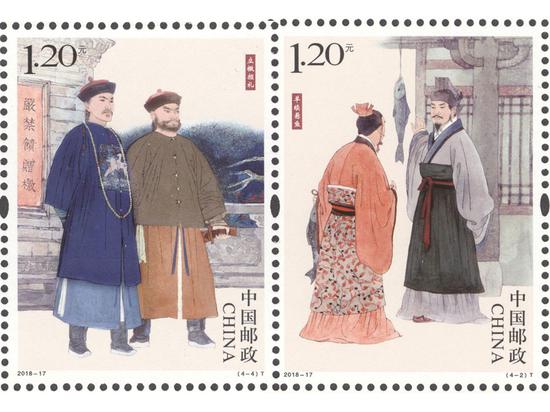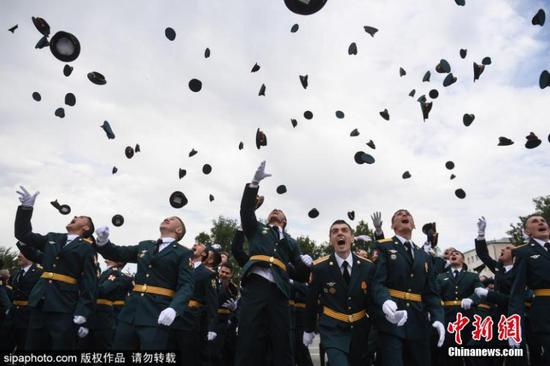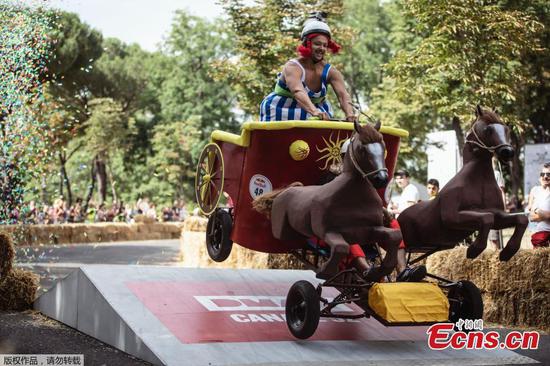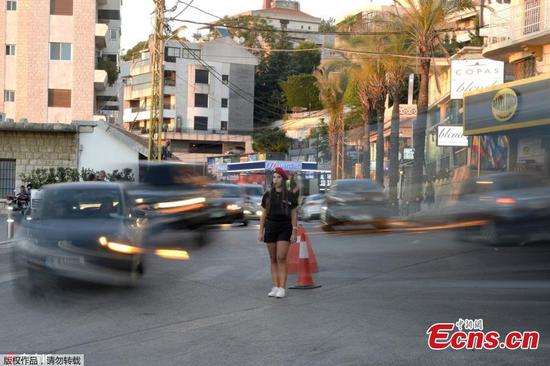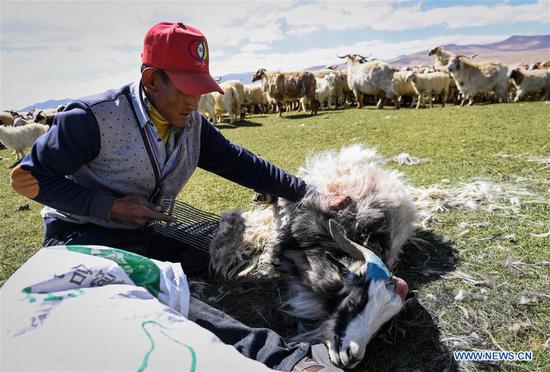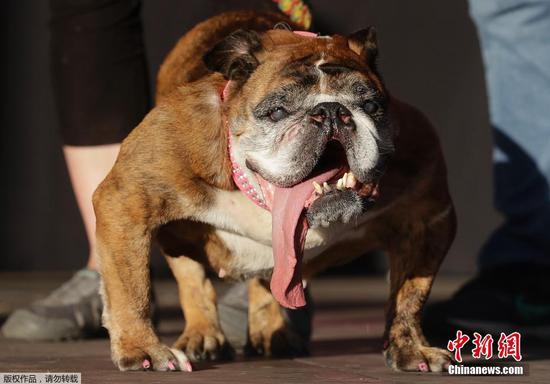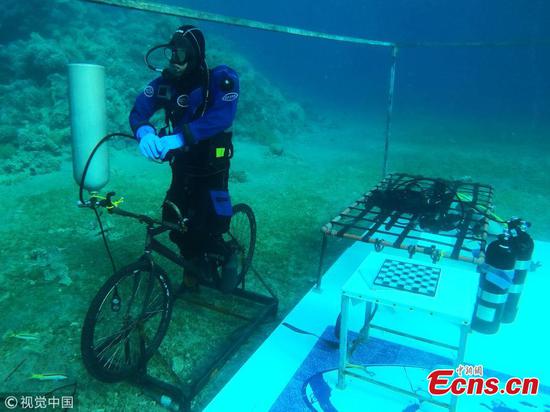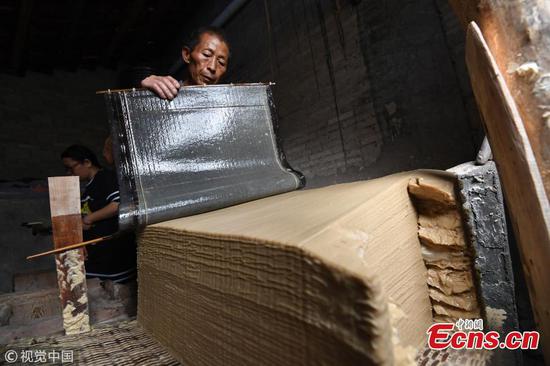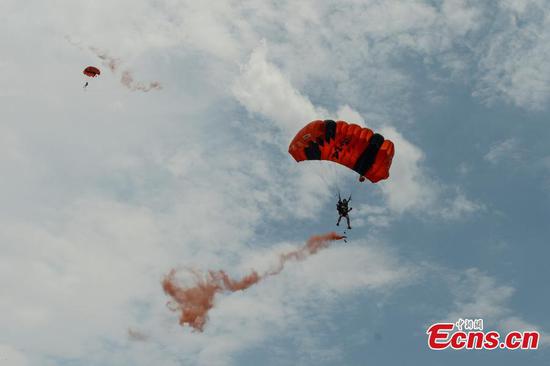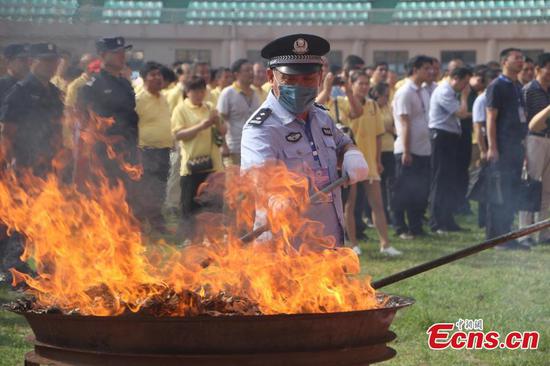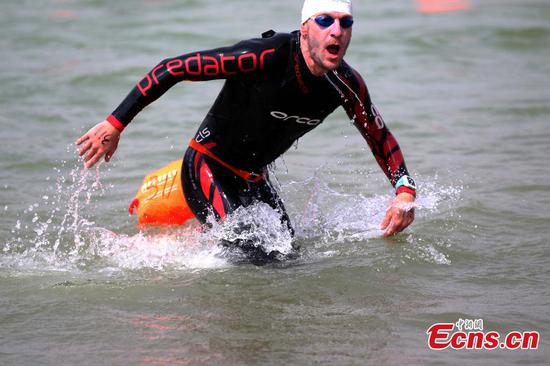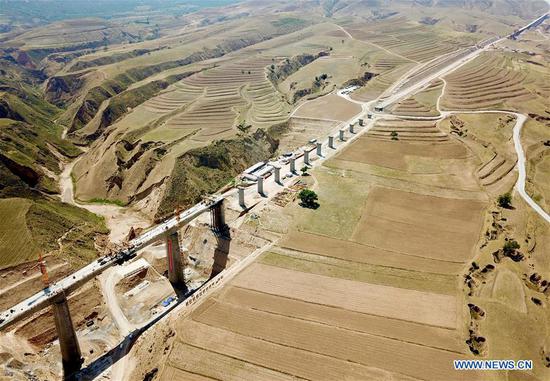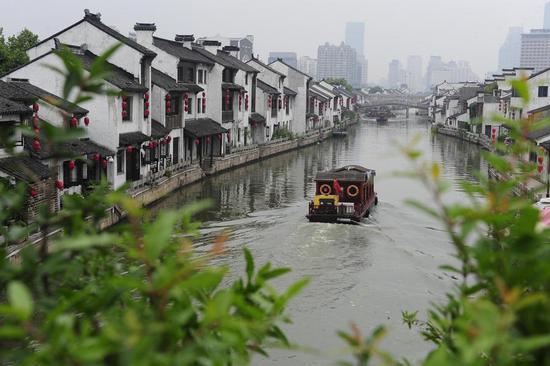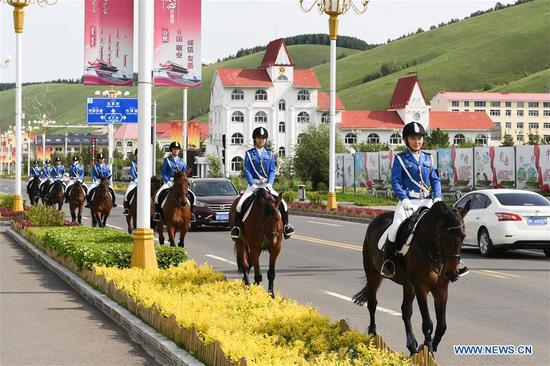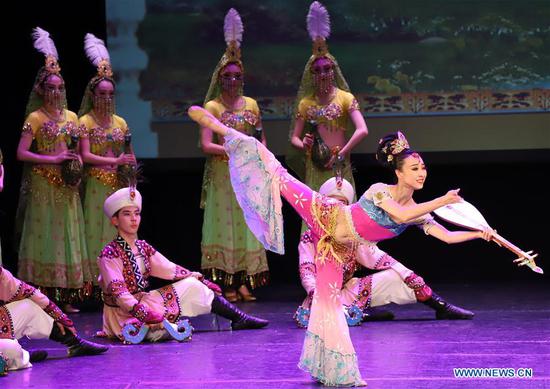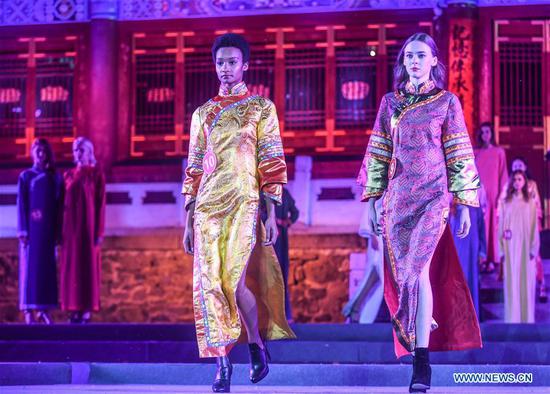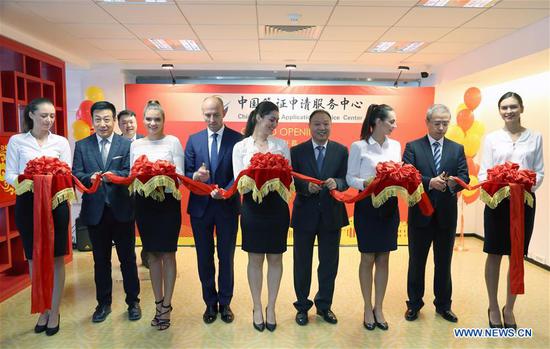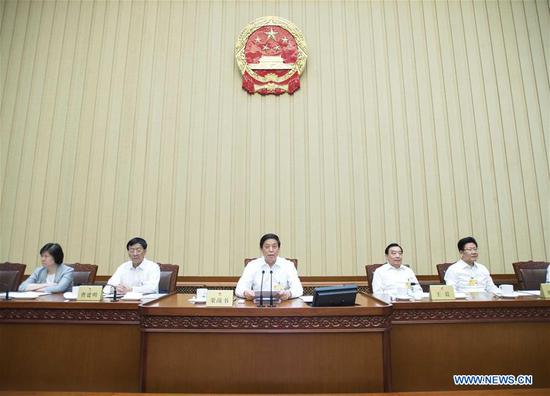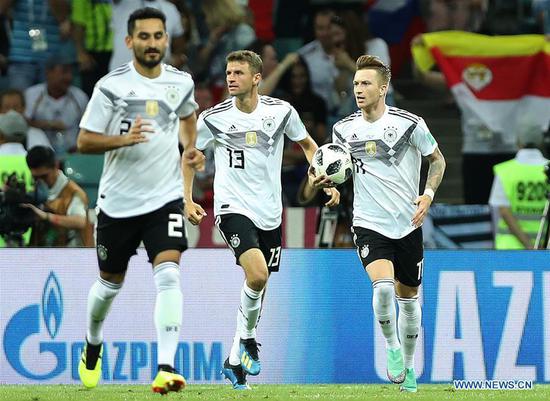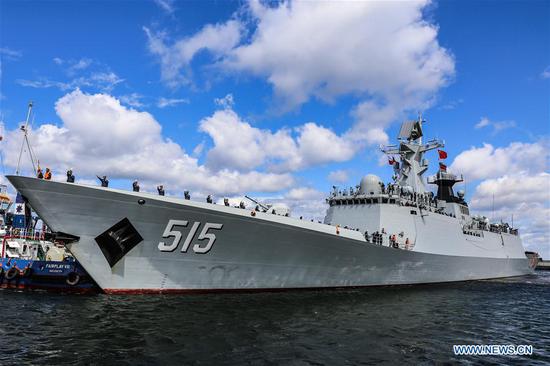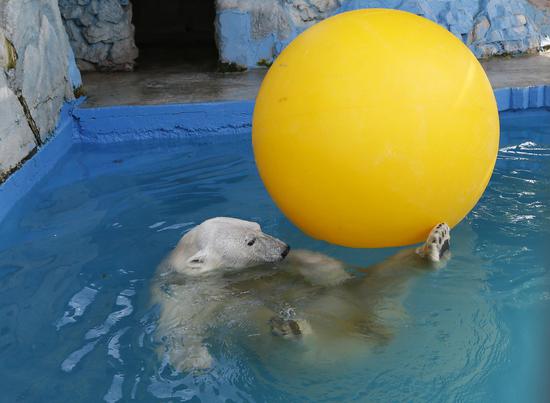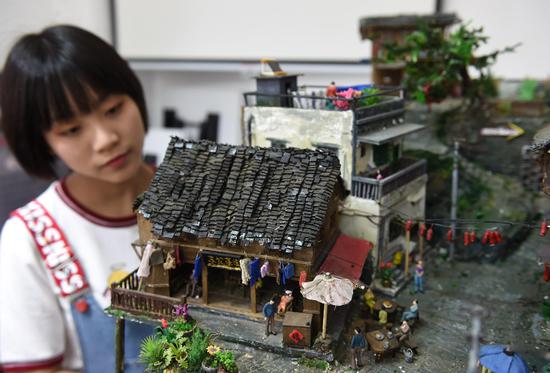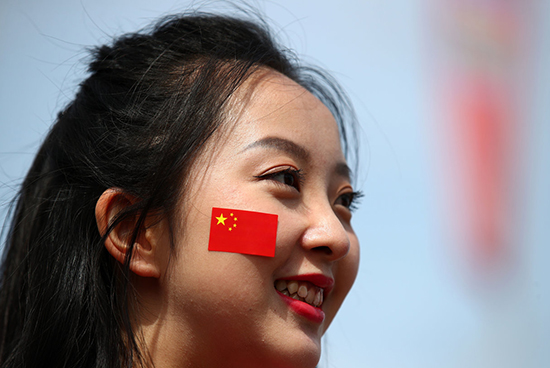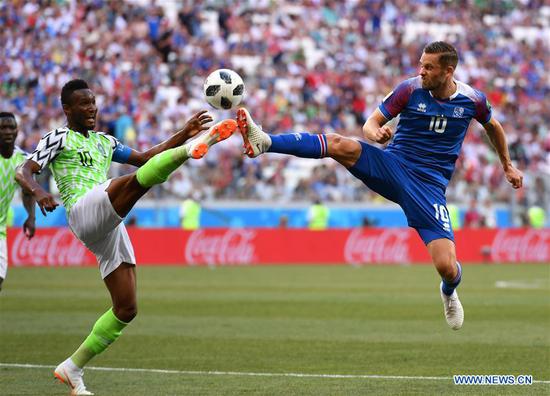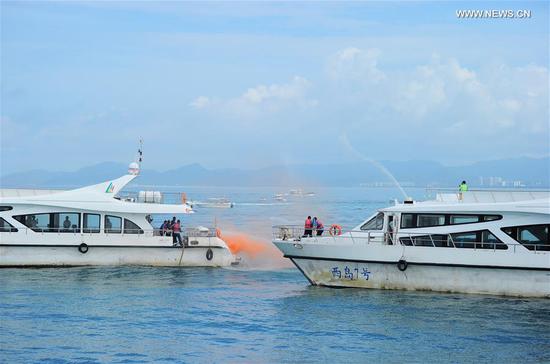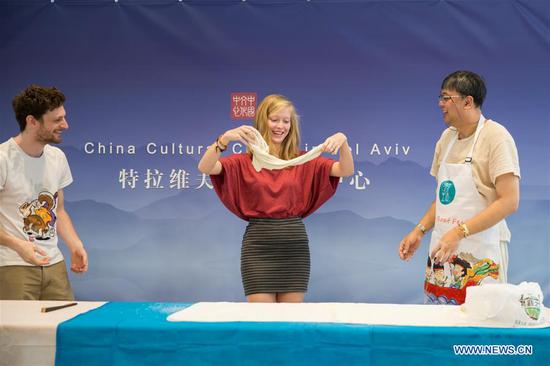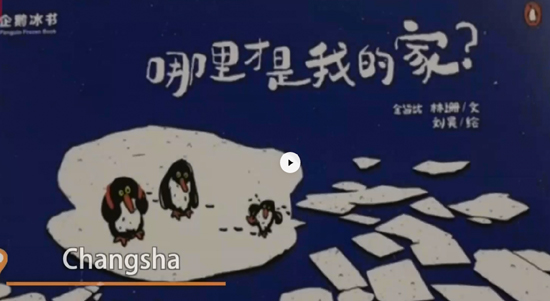Expert: Ankara will further 'look East'; support China's initiative
Turkish President Recep Tayyip Erdogan won victory in the country's presidential election on Sunday, winning himself greater power under a new executive president system approved in a referendum last year.
With 97.7 percent of the ballots counted, Erdogan received more than half of the votes required to secure an outright victory, said Sadi Guven, head of the Supreme Election Committee.
Anadolu, a state-run news agency, reported that Erdogan's share of the vote stood at 52.5 percent. Official results will be announced in a few days.
"Our democracy has won, the people's will has won, Turkey has won," 64-year-old Erdogan told his supporters in Ankara. Sunday's election saw a record turnout of 87 percent.
Erdogan, who has served as Turkey's prime minister and president since 2003, also declared victory for the People's Alliance, a coalition between his ruling Justice and Development Party (AK Party) and the Nationalist Movement Party (MHP), in a parliamentary election also on Sunday.
Muharrem Ince, Erdogan's rival from the main opposition Republican People's Party (CHP), won 30.8 percent of the votes, according to Anadolu.
It is the first time Turkish voters cast their ballots in simultaneous presidential and parliamentary elections under the constitutional changes passed in a referendum last year that will transform the country's parliamentary system to an executive presidential system.
The new system will give Erdogan greater executive powers, as well as abolish the prime ministry and remove the monitoring role of parliament.
Under the new system, the presidential office will have the power to appoint vice-presidents, ministers, high-level officials and senior judges, and be able to dissolve parliament and impose a state of emergency.
The victory paves the way for another five-year term for Erdogan. Under the new Constitution, he could serve a further term from 2023, taking him to 2028.
The election was held under a state of emergency in place since July 2016 following a failed military coup blamed by the government on the movement of Fethullah Gulen, a self-exiled Turkish cleric based in the United States.
Erdogan had called surprise snap elections in April, about 19 months ahead of schedule.
China respects the choice made by the Turkish people and congratulates Erdogan on his re-election, Foreign Ministry spokesman Geng Shuang said on Monday.
Geng said China has always attached great importance to bilateral ties with Turkey and it would like to push forward the China-Turkey Strategic Cooperative Relations.
Ties between the two countries have developed rapidly. Erdogan paid his first presidential visit to China in 2015 and visited China again in 2016 to attend the G20 Summit.
He has been a supporter of China's Belt and Road Initiative, having attended the Belt and Road Forum for International Cooperation in Beijing in May 2017.
In a phone call in April, President Xi Jinping told Erdogan that China and Turkey should maintain high-level exchanges and deepen strategic mutual trust.
He Wenping, a researcher at the Chinese Academy of Social Sciences, was upbeat about China-Turkish relations following Erdogan's win.
She believes that Turkey will further "look East" and show more enthusiasm in participating in the Belt and Road Initiative. "While Turkey's dream to join the European Union may become more remote, it will more actively seek to join the Shanghai Cooperation Organization," she said.









